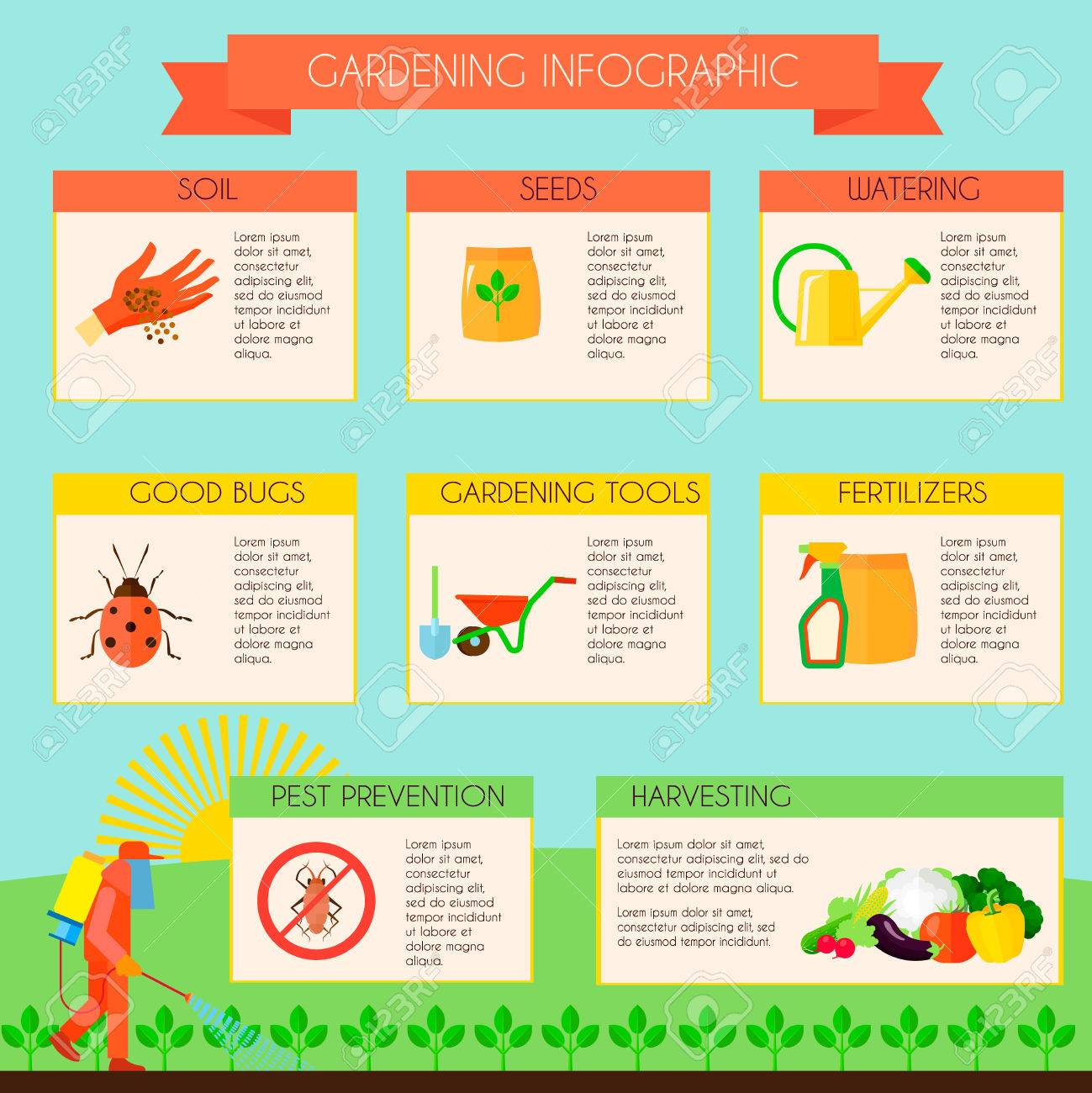The Role Of Bug Control In Food Safety And Hygiene
The Role Of Bug Control In Food Safety And Hygiene
Blog Article
Authored By-Petersson Thorsen
Are you familiar with the covert threats that parasites posture to the safety and hygiene of your food? From rats to insects, these undesirable visitors can contaminate your active ingredients, surface areas, and storage space areas.
This write-up checks out the essential duty of parasite control in keeping the highest possible criteria of food safety and health. Discover Maintenance routines and prevention steps that will certainly help you safeguard your company, consumers, and credibility.
Do not allow parasites compromise the quality of your food.
The Impact of Insects on Food Security and Health
In your cooking area, parasites can have a substantial effect on food safety and hygiene. These unwanted visitors, such as rats, pests, and cockroaches, can contaminate your food, surfaces, and utensils with hazardous germs, viruses, and bloodsuckers. They can conveniently access your pantry, cabinets, and also your refrigerator, leaving droppings, urine, and hair.
Not just can they ruin your food by chewing with packaging, yet they can also spread out illness like Salmonella, E.coli, and Listeria. Envision preparing a meal for your household, not aware that the ingredients you're making use of are currently polluted.
It's crucial to take instant activity to prevent and control insects in your kitchen. Normal cleansing, correct food storage, and expert pest control procedures are necessary to guarantee food safety and security and keep a sanitary setting in your kitchen.
Effective Bug Control Methods for the Food Sector
Carrying out effective parasite control approaches is vital for preserving food safety and security and health in the food sector. By executing these techniques, you can protect against pests from infecting the food and guarantee that your items are secure for usage.
One effective strategy is to consistently inspect and monitor your facility for indications of pest activity. This includes monitoring for droppings, nests, or any damage caused by parasites.
It's also essential to seal all entry indicate prevent insects from getting in the center. Routine cleaning and sanitation are essential, as pests are brought in to food residue and spills.
Furthermore, appropriate waste management is critical to stop the buildup of food waste that can attract pests.
Preserving Hygiene Specifications With Bug Prevention Measures
To keep hygiene criteria, you should on a regular basis implement parasite prevention actions. By taking aggressive steps to avoid bugs from entering your food establishment, you can make sure the safety and security and sanitation of your facilities. Right here are some effective insect prevention procedures to consider:
- Seal all cracks and crevices: Pests can go into via also the tiniest openings. Frequently inspect and secure any kind of gaps in doors, home windows, wall surfaces, and floors to maintain pests out.
- Proper waste management: Take care of food waste immediately and firmly in secured containers. This will reduce the destination of insects and stop invasions.
- Normal cleansing and sterilizing: Maintaining sanitation in your facility is important. Routinely clean and sterilize all locations, paying unique focus to locations where bugs may hide or breed.
- Execute a surveillance system: Regularly examine your facilities for indications of parasite task. Set up bug monitoring devices, such as catches or sensing units, to determine and resolve any kind of potential issues early.
Verdict
So keep in mind, when it involves food safety and health, insect control plays an important function.
By executing linked web page and preventive measures, we can ensure the greatest criteria of tidiness and security in the food market.
Don't allow pests endanger the high quality of our food; let's stand together and protect our wellness and well-being.
